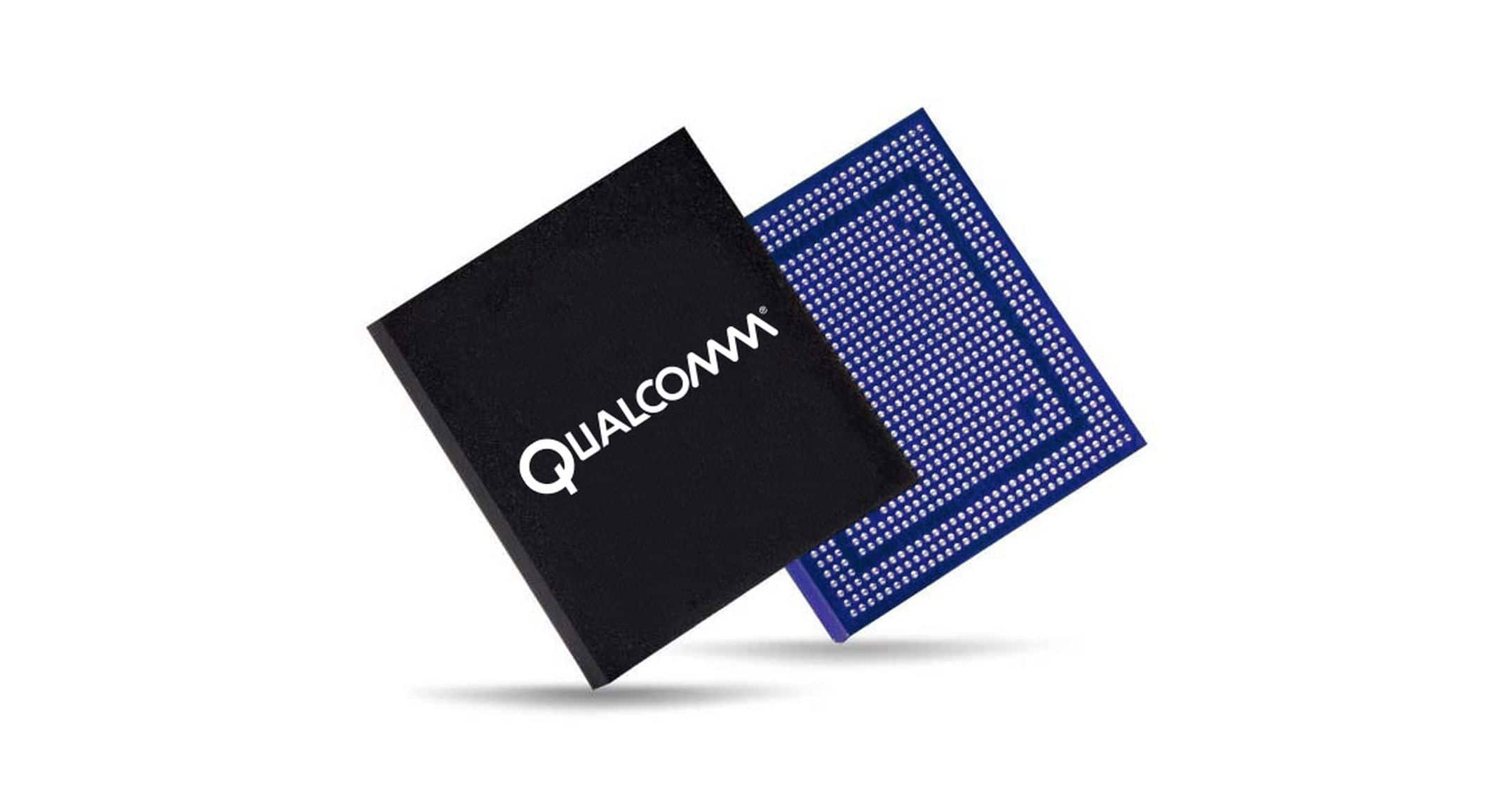
Qualcomm’s board has unanimously rejected a higher acquisition offer from Broadcom, spurning the largest technology takeover bid in history and likely leaving the future of the hostile US$121bn proposal to be decided by shareholders next month.
The offer “materially undervalues” Qualcomm and “falls well short of the firm regulatory commitment” needed to gain approval for such a transaction, the San Diego-based company said on Thursday in a statement.
Earlier this week, Broadcom raised its proposed price to $82/share, a bid it called “best and final”. The deal would take the form of $60 in cash and the remainder in Broadcom shares, a bump of 17% from its opening offer in November of $70/share, which Qualcomm also rejected.
Qualcomm offered to meet with Broadcom and provided a list of issues to address in order to further the conversation. Still, Qualcomm’s second dismissal of Broadcom’s approach may put the decision in the hands of shareholders, who will vote on 6 March on whether to replace the smartphone chip maker’s board with Broadcom’s own nominees.
The vote will represent a choice between Broadcom’s strategy, under CEO Hock Tan, of acquiring companies and focusing on boosting profits, or Qualcomm management’s promise of future growth fuelled by investment in new products and technology.
“Your proposal is inferior relative to our prospects as an independent company and is significantly below both trading and transaction multiples in our sector,” chairman Paul Jacobs wrote in an open letter to Broadcom’s Tan.
Broadcom’s bid for the larger company is Tan’s most audacious move following a string of deals that have already made his company one of the world’s largest suppliers of semiconductors. He wants Qualcomm for its leading smartphone modem-chip division, an example of what he calls a “franchise” that will continue to dominate its industry. The market likes what Tan has accomplished so far. Stock of his company — formerly called Avago Technologies — ended 2009 at $18.29. It’s currently trading at more than $229.
Standalone company
Qualcomm’s contention that the chip maker’s future is brighter as a standalone company has become a tougher sell, given the multiple challenges that have cropped up in the past two years. The greatest concern centres on Qualcomm’s lucrative technology licensing business.
Regulators around the world are fining or investigating Qualcomm, supporting elements of Apple’s claims in a lawsuit alleging Qualcomm abuses its dominant position in mobile chips. Qualcomm has countered that it expects to win in court over time and overturn some of the more than $4bn it has been fined.
Broadcom’s takeover attempt is complicated further by Qualcomm’s pending acquisition of NXP Semiconductors, meant to give Qualcomm broader access to new markets. That $47bn deal is close to securing final regulatory approval. Once that happens, Qualcomm will need to negotiate with a group of funds that have taken a position in the Dutch company’s stock, demanding a boost to the $110/share price agreed to by NXP’s board. Broadcom said its new offer for Qualcomm is contingent on that transaction either closing at the originally agreed price, or being abandoned.
“Your proposal ascribes no value to our accretive NXP acquisition, no value for the expected resolution of our current licensing disputes and no value for the significant opportunity in 5G,” Qualcomm’s Jacobs wrote.
Qualcomm’s licensing business is central to both its profits and its ability to stay ahead in mobile phone chip technology. Most of the company’s profit comes from collecting fees for the use of patents that cover the fundamentals of all modern phone systems. That cash influx fuels industry-leading research and design, which in turn helps the chip unit build the most advanced products. Management has argued that leadership in smartphones will help Qualcomm expand into new areas such as server chips, PC processors and automotive chips. — Reported by Ian King, (c) 2018 Bloomberg LP




